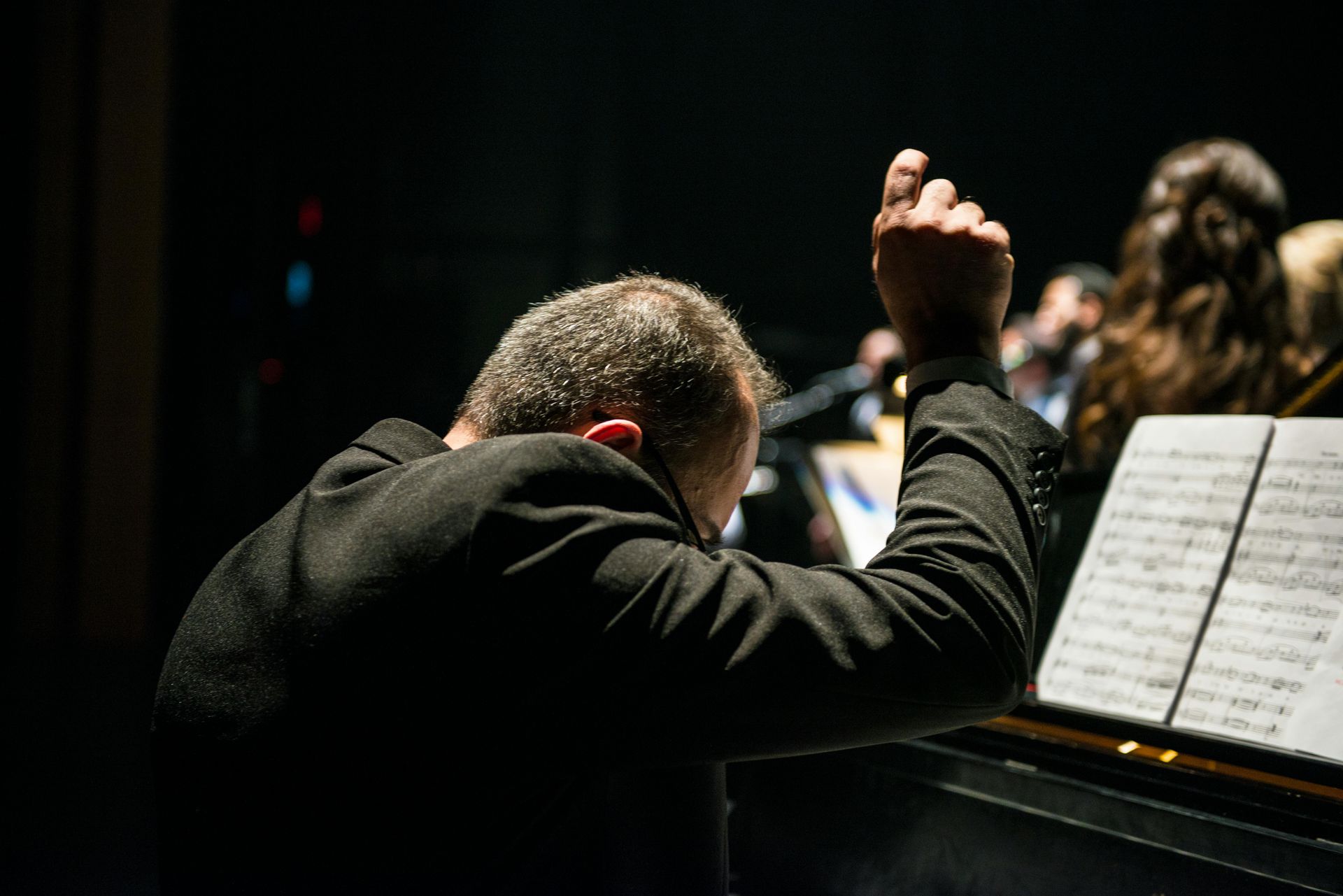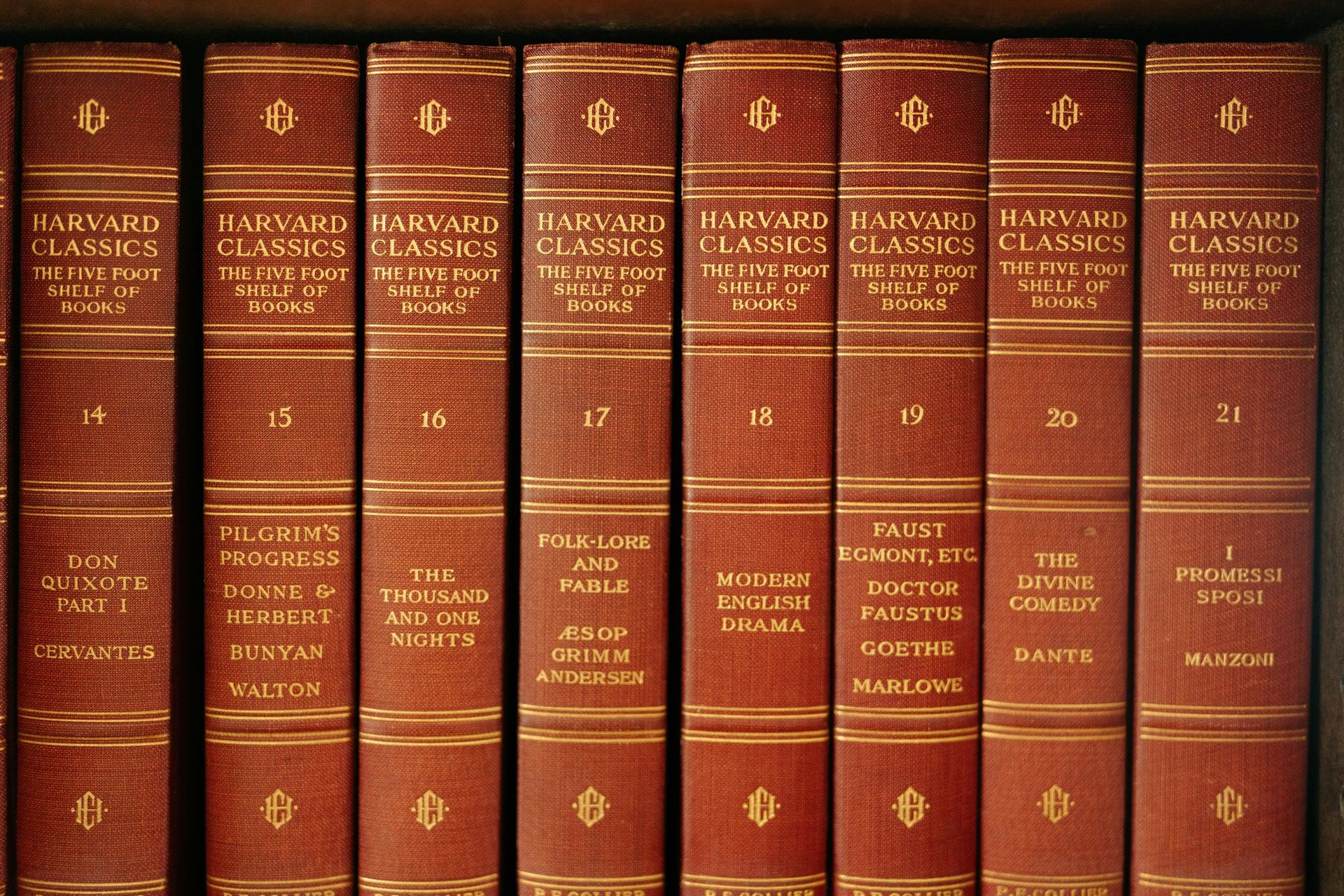A Bias Response Team Evades Justice at the Supreme Court
The Justices avoid issuing a judgment on a case against college speech reporting at Virginia Tech.
The Editorial Board
The Wall Street Journal
March 5, 2024 6:15PM ET
The Supreme Court said Monday it won’t hear a challenge to Virginia Tech’s old system of soliciting anonymous speech complaints via an official bias response team. Instead the Justices declared the case moot, after the college’s president told them the policy had been discontinued, while also promising—he swears—not to revive it.
Good for Hokies, but as a dissent from Justice Clarence Thomas says, failing to answer the legal question leaves the First Amendment up for grabs at other schools. Speech First, which brought the Virginia Tech case, “estimates that over 450 universities have similar bias-reporting schemes,” Justice Thomas writes, joined by Justice Samuel Alito. “Yet, because of the split among the Courts of Appeals, many of these universities face no constitutional scrutiny, simply based on geography.”
The Fourth Circuit Court of Appeals held that Virginia Tech’s policy didn’t chill protected expression, because its Bias Intervention and Response Team, or BIRT, lacked power to punish students. Justice Thomas is skeptical.
“The university officials may call in the accused student—whom the policy pre-emptively labels as the ‘perpetrator,’” he says. The BIRT can refer students for discipline. “And, of course, every report—regardless of whether the team determines bias exists—is recorded and kept on permanent file.”
His opinion includes some examples of what happens when all of a campus is urged to submit anonymous tips about “bias.” One report was on male students who were privately “talking crap” about the women playing in a snowball fight, “calling them not ‘athletic.’” Another report concerned a room white board on which someone “observed the words Saudi Arabia.”
No context? No problem. Virginia Tech advertised the BIRT with a chirpy slogan: “If you see something, say something!” Judge J. Harvie Wilkinson III, dissenting in the Fourth Circuit, imagined a 19-year-old student deciding whether to speak up in a class debate on a controversial topic. “She thought she had an insightful comment to add to the discussion,” he wrote, “but it might not be worth risking an encounter with the bias response team.”
Virginia Tech President Timothy Sands told the High Court that the BIRT was terminated last summer under a new dean of students. He said the decision “was not prompted by the Speech First lawsuit.” Justice Thomas says that other universities “have attempted a similar maneuver, but two Courts of Appeals have found that these policy changes did not moot Speech First’s challenges.”
Since the case won’t be heard, the Justices vacated the Fourth Circuit’s ruling, to keep it from setting precedent. Yet the frustrating outcome remains: For now, at least, overbroad college bias teams at schools not named Virginia Tech can go about their creepy business.



